Arts And Science Research
-

Advanced, high-res MRI scans reveal link between cognitive abilities and ‘tree ring’ layers in the brain
Object recognition and facial recognition may seem like similar abilities, but new research from Vanderbilt finds that these behaviors are on the opposite ends of the spectrum when it comes to physical signatures in the brain. Read MoreApr 13, 2020
-
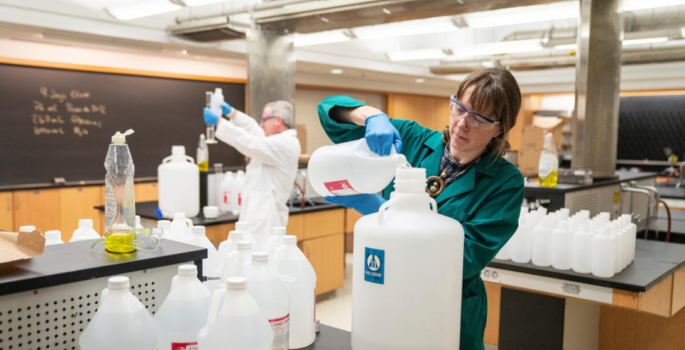
Chemistry department leverages available resources for hand sanitizer production
As universities across the country pool resources to tackle pressing challenges brought on by COVID-19, individuals in the Department of Chemistry at Vanderbilt are working to develop one resource in high demand: hand sanitizer. Read MoreApr 9, 2020
-

Biology researchers capture shape-shifting delivery structures in body’s cellular “FedEx system”
A new cellular biology study reports the first visualization of a unique shape-shifting structure in the human body which plays an important role in the timely delivery of fats and proteins. Read MoreMar 9, 2020
-

Fasting at night or in the morning? Listen to your biological clock, says new research
According to a new study published by biological science researchers at Vanderbilt, the answer to eating (or fasting) windows lies in the circadian rhythms of the body’s biological clock. Read MoreFeb 27, 2020
-

Bangladesh collaboration offers lessons for facing rapid environmental changes
With a population of roughly 150 million people, the delta country of Bangladesh holds about half the population of the entire United States in an area the size of Louisiana, and exists under a near-constant risk of sea level rise and other dynamic climate changes. Read MoreFeb 24, 2020
-
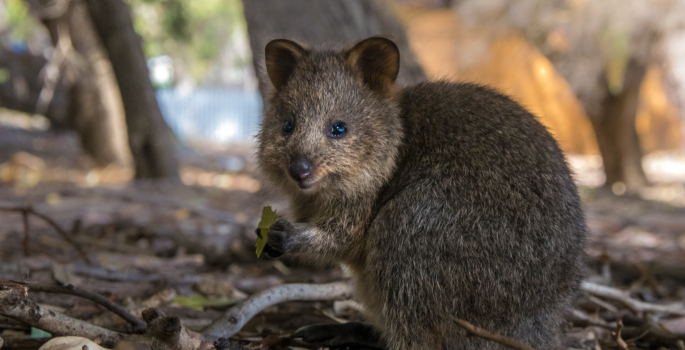
Where are the quokkas? New study explains what happened to the “happiest animal in the world”
The quokka, a small marsupial native to Australia, is an example of a species vulnerable to extinction in the country’s harsh surroundings. In a new study, researchers at Vanderbilt University demonstrate evidence for the dramatic decline of quokkas over the past century. Read MoreFeb 21, 2020
-
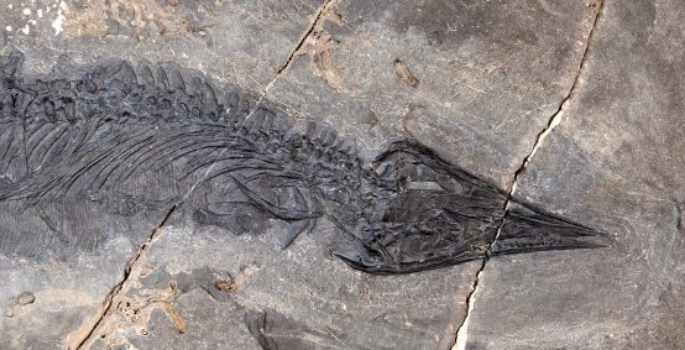
New thalattosaur species discovered in Southeast Alaska
Researchers at the University of Alaska Fairbanks and Vanderbilt University have identified a new species of thalattosaur, a marine reptile that lived more than 200 million years ago. Read MoreFeb 4, 2020
-
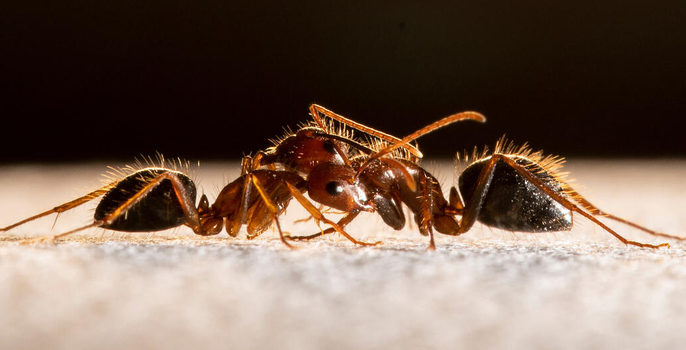
How ants get angry: Precise “lock and key” process regulates aggression, acceptance
In a new study, scientists at Vanderbilt report definitive evidence of a mechanism within ants that is responsible for unlocking aggression. The research—the first to pinpoint this mechanism and its precise role in ant biology—reports a social characteristic which could help account for their evolutionary success. Read MoreFeb 3, 2020
-
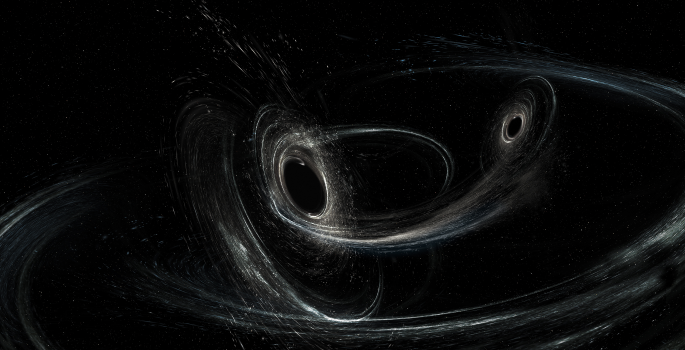
How many stars eventually collide as black holes? The universe has a budget for that.
A promising new study developed by one Vanderbilt astrophysicist may give us a method for finding the number of available stars in the history of the universe that collide as binary black holes. Read MoreJan 31, 2020
-

Experiments into amorphous carbon monolayer lend new evidence to physics debate, lay groundwork for future devices
A new study into two-dimensional amorphous carbon is providing answers to long-standing questions regarding the atomic makeup of bulk amorphous materials, opening the door to exciting device applications in the future. Read MoreJan 8, 2020
-

Seeing the unseen: Vanderbilt science hub helps set a standard for innovative microbiome research, education
The Vanderbilt Microbiome Initiative is receiving attention for its role as a standard bearer for other microbiome programs, thanks to a new article on the importance and emergence of microbiome centers – academic hubs of microbiome-related research. Read MoreDec 19, 2019
-

Ph.D. bridge programs show success in fostering diversity and inclusion, according to new study
A team of STEM researchers, including Vanderbilt astrophysicist Kelly Holley-Bockelmann, have published a new collaborative study on Ph.D. bridge programs as a mechanism to empower students, foster diversity and spur a more holistic approach to graduate education. Read MoreDec 6, 2019
-

Leveraging Youth: How to teach old dogs new tricks and vice versa
Beyond cups of coffee, what does an office intern really offer? New Vanderbilt research shows that in youth-centered industries, older generations rely on the trend-savvy interns more than they realize or choose to admit. Read MoreNov 21, 2019
-
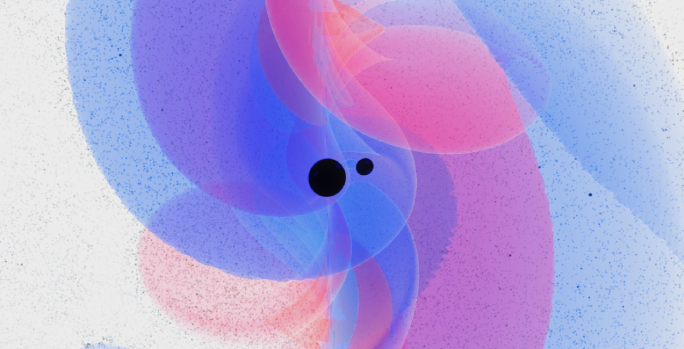
Here’s how a Vanderbilt astrophysicist plans to observe a black hole ‘symphony’ using gravitational wave astronomy
New research led by Vanderbilt astrophysicist Karan Jani presents a compelling roadmap for capturing intermediate-mass black hole activity. Read MoreNov 18, 2019
-

EPA-funded study aims to create novel platform for research into long-term neurotoxin exposure
A new Vanderbilt study funded by a grant from the Environmental Protection Agency seeks to construct a new platform and reliable approach for future studies into organophosphate compounds, such as pesticides, insecticides and similar nerve agents. Read MoreOct 16, 2019
-

New method reveals how differences in the genetic “instruction booklet” between humans and Neanderthals influenced traits
When it comes to our differences from Neanderthals, most of what we know comes from comparing fossils. But fossils can only tell us about bones and not whole living organisms. That’s changing thanks to a new paper from a team of genomics researchers at Vanderbilt, who… Read MoreOct 7, 2019
-
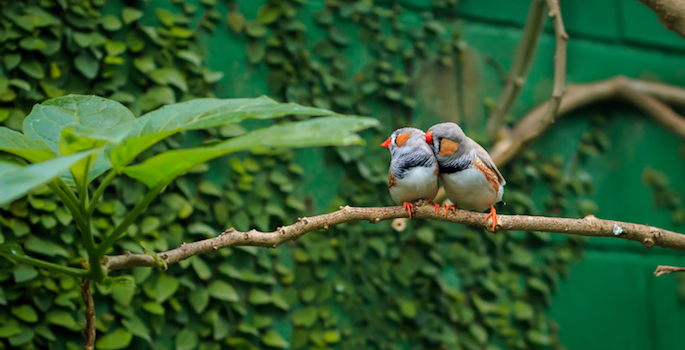
High standards of female songbirds could be driving their mates to evolve
Picky females force male songbirds to become better singers. Read MoreSep 4, 2019
-

Rare study of Earth-sized planet uses technique pioneered by Vanderbilt professor
A groundbreaking study, using data from NASA and a technique pioneered by a Vanderbilt professor, is giving humankind a glimpse at a distant exoplanet with a size similar to Earth and a surface which may resemble Mercury or Earth’s Moon. Located nearly 49 light-years from Earth, the planet known… Read MoreAug 19, 2019
-

Rokas to lead budding cross-disciplinary collaboration on evolutionary studies
The Vanderbilt Evolutionary Studies Initiative seeks to position the university as a global leader in evolutionary studies by engaging a large group of scholars who share this research interest. Read MoreAug 14, 2019
-

Behavioral science models can help identify the greenest dietary changes
Spreading the gospel of veggie-only diets may not be the most effective way to help reduce overall, food-related greenhouse gas emissions, according to a new model based on behavioral science. In new commentary published Aug. 9 in Nature Sustainability, Jonathan Gilligan, associate professor of Earth and Environmental Sciences, examines… Read MoreAug 9, 2019